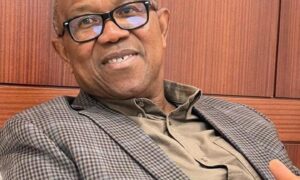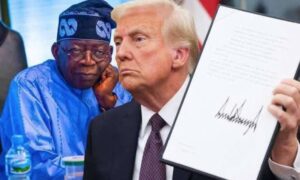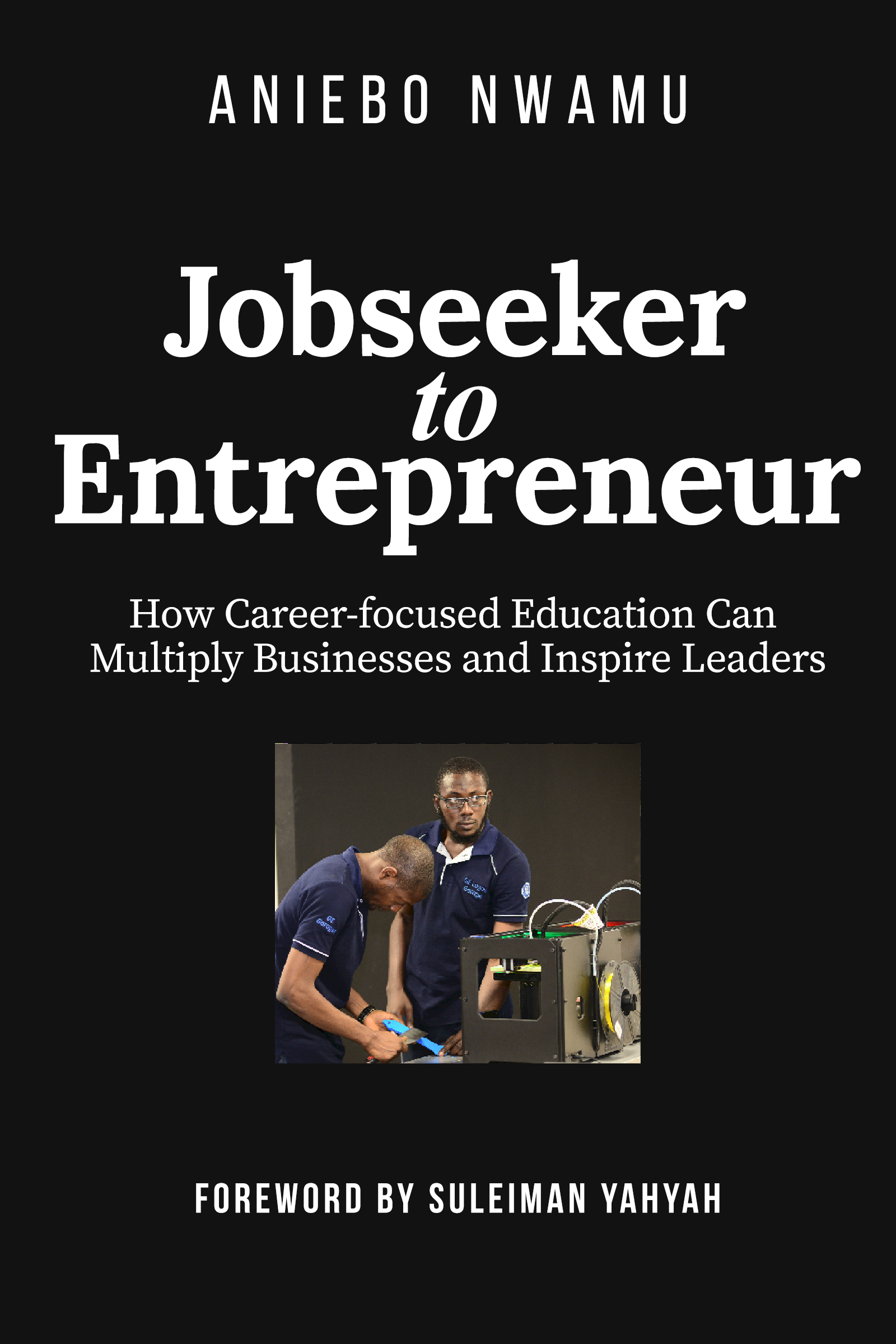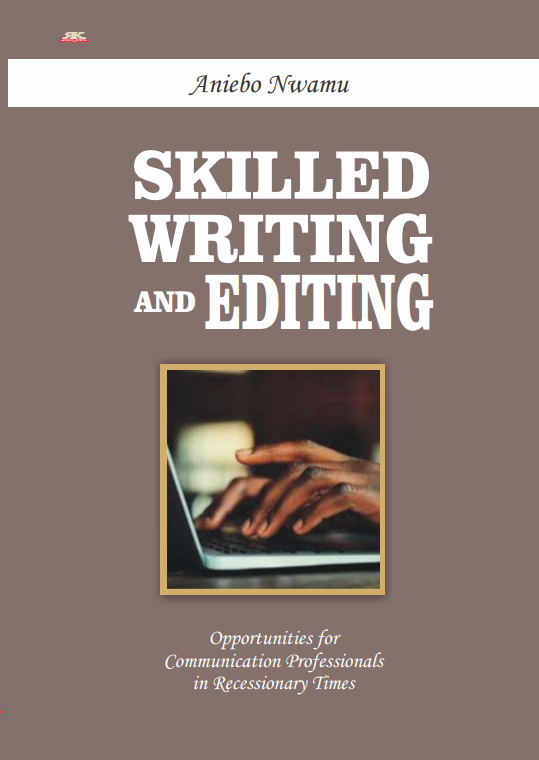Somewhere in the streets of Abuja and Lagos, each of several people is paying N202.50kobo for one American dollar. I have for long expected this exchange rate; in fact, it came one year late. In this space on September 29, 2013, I wrote: “By December or January, one United States dollar will exchange for N200 or thereabouts. You can imagine what one would make by buying at the current rate (N162) and selling in December or January. It means that if I borrowed $1m now (N162m), I would make upwards of N38million profit – in just three months! Shouldn’t someone put me to the test by lending me $1m tomorrow?”
That was when former Central Bank of Nigeria governor Sanusi Lamido Sanusi (now His Royal Highness Muhammad Sanusi II, Emir of Kano) hinted of devaluation, as the naira came under pressure in that September. I looked for a loan so I would buy up all the dollars I could get in Abuja and then wait for a day like this. At the time, $1 equalled N162; so if I had succeeded in getting N162m then, I would have been N40.5m richer now – without doing any work.
2015 should be renamed “locust year” – the year costs will increase but revenues will decline for almost every Nigerian individual, business or government. Already, money left in banks has lost value instantly. Employees now earn less. Traders are not selling because buyers’ purchasing power has dropped. Then, school fees have risen, as have the prices of most commodities. Landlords are watching the moods of their tenants in order to know when to strike and succeed. Almost every breadwinner is dying under the weight of dependants most of whom are unemployed, unmarried or too young to earn an income.
In an Arab nation, a similar situation is sure to spark an uprising. No wonder everything else has been unstable in our country: politics, security, highways, airways, families, marriages, kinship, sanity. Who says Boko Haram will ever go away?
Our policymakers blame it all on the falling price of crude oil in the international market. Although it is partly true, the danger has been with us for the past 42 or 43 years. We have heard the gospel of “diversification” – moving away from being a mono-product or oil-dependent economy – for at least 40 years. In reality, little has been achieved. The other day, I watched a minister as he was cultivating kilometres of rice and wheat on television. Cocoa and palm trees were growing fast in the radio too. Millions of jobs were being created in newspapers.
Is Nigeria not a nation of the damned? Truth is scarce. All we’ve learned from western education is how to package lies as truth. In the end, falsehood would give way to truth – we would come face to face with reality.
In this same space last week, I directed the searchlight on fuel “subsidy” which the government had promised to cut by 50 per cent from January 1. If subsidy existed when oil was sold $120 per barrel, I asked, would it exist when the price had come down to $45? Apparently responding to such clear reasoning, the government spoke that Sunday through petroleum resources minister Diezani Alison-Madueke: she announced a reduction in the pump price of petrol from N97 to N87. But I hear that we still enjoy a “subsidy”.
The managers of the country’s economy are hard workers indeed. We cannot wish for economists that are better than finance minister Okonjo-Iweala, current CBN governor Emefiele and scores of others who sit daily in air-conditioned offices and cars while they steer the economy towards calm waters. Monetary and fiscal policies, exchange rates and lending rates, foreign reserves and excess crude account, consolidation and appropriation – these are everyday terms that the ordinary person has no business with, however. The best measure of success of each is the good life that we enjoy.
Is it not said that the value of money is what it can buy? That is elementary economics which nobody needs to be taught. It is therefore easy to know that the naira will keep depreciating so long as Nigerians import all manner of goods and services but export little or nothing. Even the oil that fetches 90 per cent of our revenue is extracted by foreigners with foreign equipment. The same oil is brought back into the country as refined products. Chei! The coup plotters of the 1980s and ‘90s missed mentioning this paradox in their coup speeches, obviously because our refineries were working then. For no nation that protects its pride would let this happen: an oil-rich nation importing almost all of its fuel needs.
It is amazing how things have been left to depreciate – our national pride, sense of value, morality all gone! Nobody thought the naira would lose its value to this extent probably because we believed that Nigeria was on auto pilot. [It is the same faith that is driving millions of our children today: everyone wants to go to university even if there is nothing to learn in the university. But I reserve this matter for another day.] At the time of Shagari’s “austerity measures” in 1981, N1 exchanged with $2. I paid 10kobo then for a packet of detergent that now goes for N250. Today, my children are yet to understand what the kobo looks like because they have never seen it. I tell them that N1=100kobo and that when I took my first flight in 1982, from Enugu to Lagos airport, the fare was N43.
Nigeria, I believe, is not yet beyond redemption. It only requires a leader with courage. My fear is that the Nigerian soil and climate have been made toxic for any such leader. Who would seize all private jets, all privately owned billions hidden in banks and not get shot? Who would end fuel “subsidy”, overinflated contracts and nepotism without being poisoned? And who would abolish importation of rice, sugar and luxury items without being overthrown within days?
When I consider the fate awaiting incoming governors, I shudder. Right now, they are borrowing money to campaign for elections. By June, there may be nothing for states to share, as the plunge in oil prices is not likely to stop by then. None of them is likely to be popular without money. They may still pinch the treasury, but they won’t get enough to offset their election expenses and still pay workers’ salaries, even with the weak naira.
This, finally, is the year of the locusts. I have seen a locust but only in a laboratory, I think. But I have heard stories of how the grasshopper-like things used to invade farms and trees in the distant past. They ate up all green leaves within minutes! Whenever they wreaked such havoc, our ancestors faced famine and starvation. Thank God the vile things have been chased off our shores. In our day, unfortunately, the insects have been replaced by human locusts.
— By Aniebo Nwamu



















